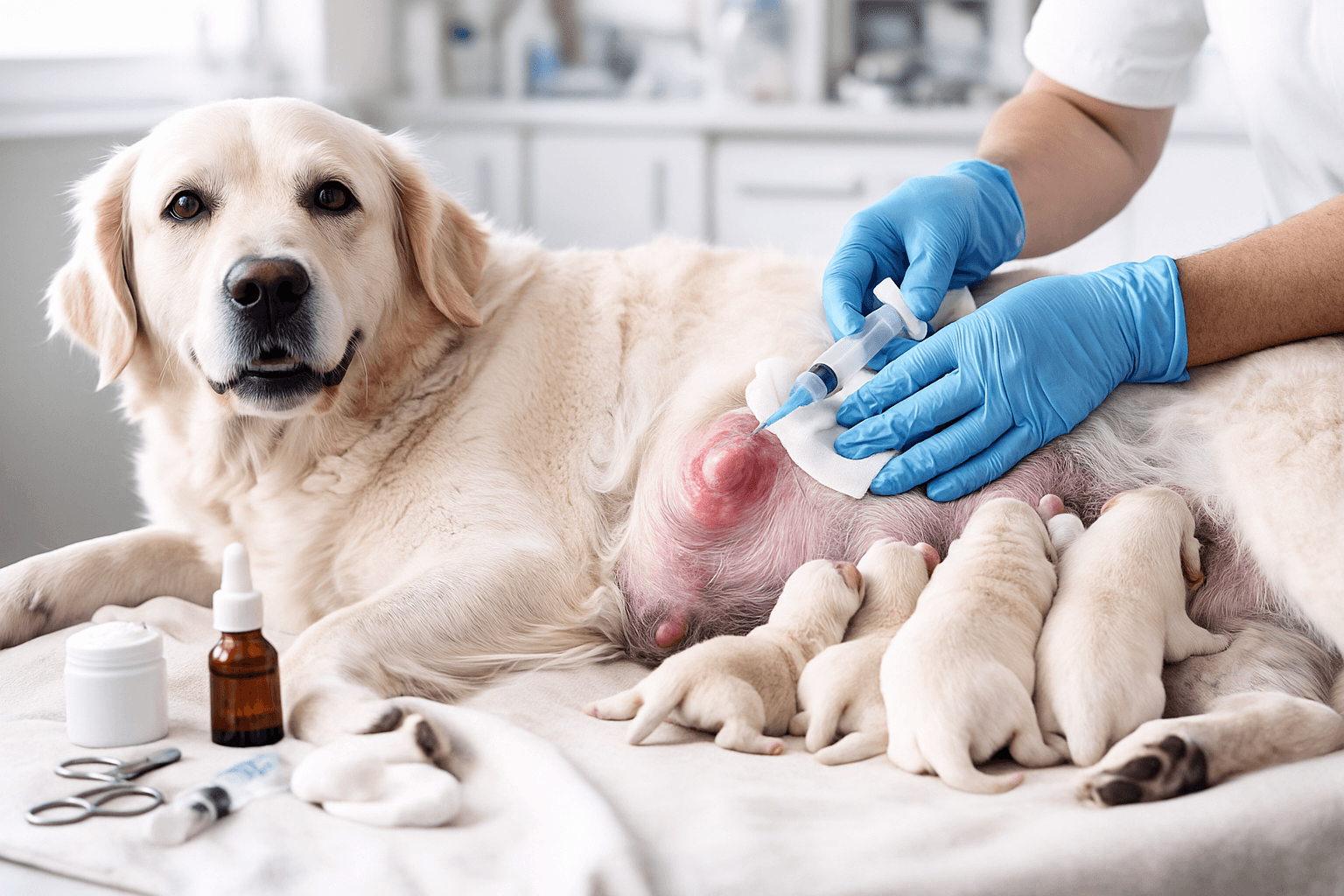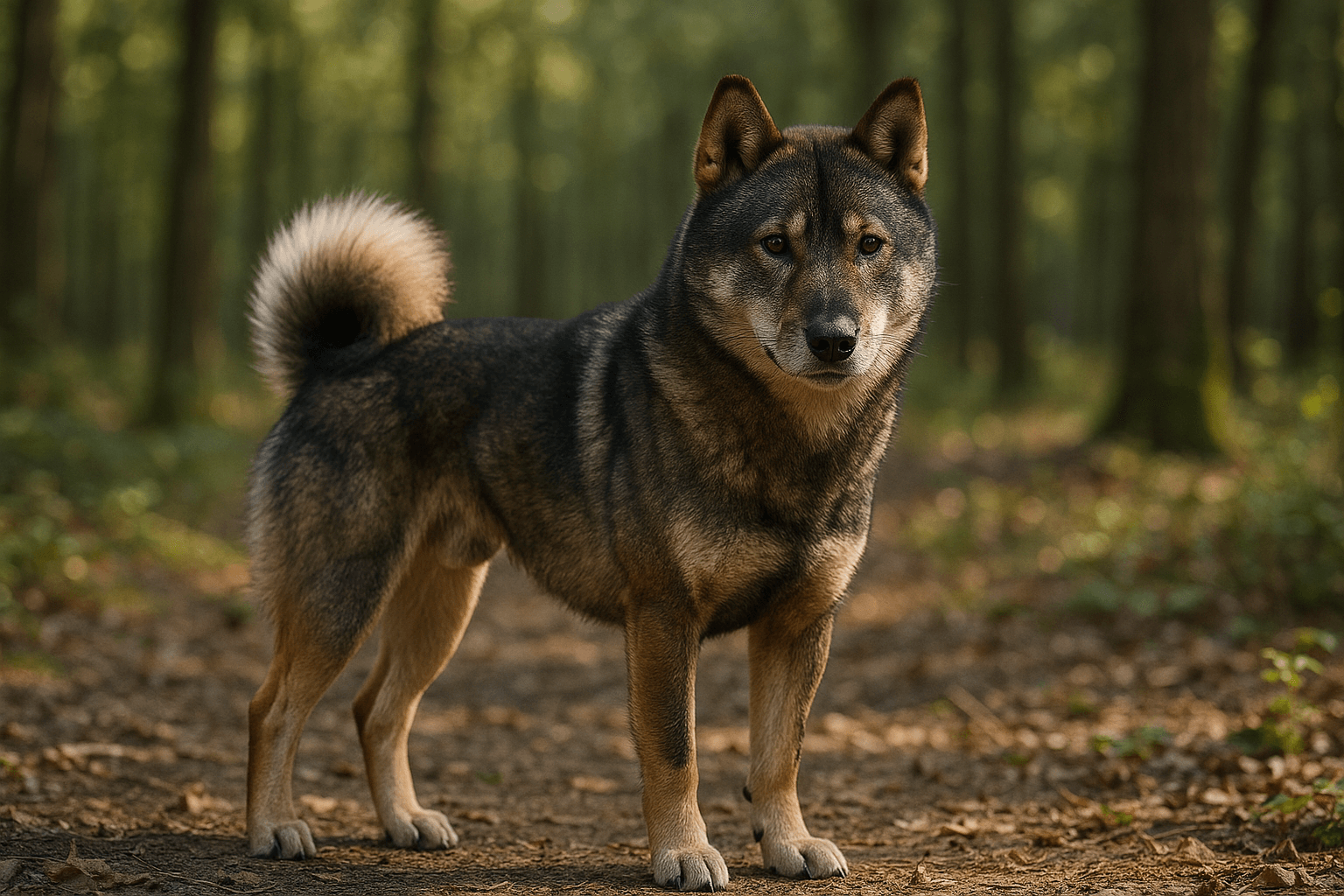Hydrolyzed Protein Dog Food Alternative: A Guide to Hypoallergenic Nutrition
If your dog suffers from food allergies, sensitivities, or digestive issues, hydrolyzed protein dog food is often recommended by veterinarians as a solution. This specialized diet breaks down proteins into smaller components, making them less likely to trigger an immune response. However, not all dogs tolerate hydrolyzed protein formulas well, and some pet owners may seek alternatives that provide similar benefits. In this blog post, we’ll explore what hydrolyzed protein dog food is, why it’s used, and the best alternatives available. By the end, you’ll have a clear understanding of how to nourish your dog while managing their dietary needs effectively.
What Is Hydrolyzed Protein Dog Food and Why Is It Used?
Hydrolyzed protein dog food is designed to address food allergies and sensitivities by breaking down proteins into tiny fragments. These fragments are so small that the immune system doesn’t recognize them as allergens. Here’s why this type of food is commonly recommended:
Food Allergies: Dogs with allergies to common proteins like chicken, beef, or dairy can benefit from hydrolyzed formulas.
Digestive Sensitivity: Hydrolyzed proteins are easier to digest, reducing the risk of gastrointestinal upset.
Novel Proteins: Some hydrolyzed foods also incorporate novel proteins that dogs haven’t been exposed to before.
Skin Conditions: Dogs with chronic itching, redness, or hot spots due to food allergies often find relief with hydrolyzed diets.
Veterinary Diets: These foods are frequently prescribed for dogs with inflammatory bowel disease (IBD) or other chronic conditions.
While hydrolyzed protein dog food works wonders for many dogs, it may not be suitable for every pet. Thankfully, there are excellent alternatives that cater to similar dietary needs without compromising nutrition.
Best Alternatives to Hydrolyzed Protein Dog Food
If hydrolyzed protein dog food isn’t the right fit for your dog, there are several alternatives worth considering. These options provide hypoallergenic benefits while ensuring balanced nutrition. Here’s a list of effective substitutes:
Limited Ingredient Diets (LID): These diets use a minimal number of ingredients, typically featuring a single protein source and carbohydrate.
Novel Protein Formulas: Foods made with unusual proteins like kangaroo, duck, or venison reduce the risk of triggering allergies.
Grain-Free Options: While controversial in some cases, grain-free diets can help dogs with sensitivities to grains like wheat or corn.
Raw Diets: Raw feeding with carefully selected proteins and supplements offers a natural alternative for dogs with food intolerances.
Homemade Meals: Preparing meals at home allows you to control every ingredient, ensuring no allergens are present.
Each alternative has its own advantages and challenges, so it’s important to consult your veterinarian before making any changes. The goal is to find a diet that supports your dog’s health while addressing their unique needs.
Check this guide 👉Top 5 Premium Hydrolyzed Dog Foods for Ultimate Health!
Check this guide 👉Is Grain-Free Good for Dogs? Best 7 Health Tips!
Check this guide 👉5 Best Gluten-Free Dog Foods for Ultimate Health Boost!

Alternative Diet Options | Key Benefits |
|---|---|
Limited Ingredient Diets (LID) | Reduces exposure to potential allergens |
Novel Protein Formulas | Uses uncommon proteins to minimize reactions |
Grain-Free Options | Avoids grains that may cause sensitivities |
Raw Diets | Provides natural, unprocessed nutrition |
Homemade Meals | Allows full control over ingredients |
How to Transition Your Dog to a New Diet Safely
Switching your dog to a new diet requires careful planning to avoid digestive upset. Whether you’re moving to a limited ingredient diet or homemade meals, here are some tips for a smooth transition:
Gradual Change: Mix the new food with the old food over 7-10 days, gradually increasing the proportion of the new diet.
Monitor Digestion: Watch for signs of diarrhea, vomiting, or constipation during the transition period.
Observe Skin and Coat Health: Look for improvements in itching, redness, or coat shine as indicators of success.
Consult Your Vet: Always seek professional advice before making significant dietary changes, especially for dogs with health conditions.
Stay Consistent: Once your dog adjusts to the new diet, maintain consistency to avoid further digestive issues.
A slow and steady approach ensures your dog adapts comfortably to their new food. Patience and observation are key to determining whether the alternative diet is working.
Signs Your Dog Needs a Dietary Change
Sometimes, dogs exhibit subtle signs that indicate they need a change in their diet. Recognizing these symptoms early can prevent more serious health issues. Here’s what to look for:
Chronic Itching or Scratching: Persistent skin irritation may signal a food allergy or intolerance.
Gastrointestinal Issues: Frequent diarrhea, vomiting, or gas can point to digestive sensitivity.
Ear Infections: Recurrent ear problems are often linked to food allergies in dogs.
Weight Loss or Gain: Sudden changes in weight may indicate nutritional imbalances or poor digestion.
Lethargy or Low Energy: Lack of energy can result from inadequate nutrient absorption or poor-quality food.
If your dog displays any of these signs, it may be time to explore alternatives like hydrolyzed protein dog food or one of the other options discussed earlier. Addressing dietary issues promptly can significantly improve your dog’s quality of life.
Benefits of Hydrolyzed Protein Dog Food
Hydrolyzed protein dog food offers several advantages for dogs with specific dietary needs. While it may not be suitable for every dog, its benefits make it a popular choice among veterinarians and pet owners. Here’s why this type of food is often recommended:
Reduced Allergic Reactions: The broken-down proteins are less likely to trigger an immune response, making it ideal for allergy-prone dogs.
Improved Digestibility: Smaller protein fragments are easier for dogs to digest, reducing the risk of gastrointestinal issues.
Veterinary Endorsement: Many vets trust hydrolyzed diets for managing conditions like food allergies and inflammatory bowel disease (IBD).
Balanced Nutrition: These formulas are designed to provide complete and balanced nutrition, even for long-term use.
Convenience: Unlike homemade meals, hydrolyzed protein foods are pre-formulated and easy to feed without additional preparation.
For dogs with severe allergies or sensitivities, hydrolyzed protein dog food can be a game-changer. However, always consult your vet to ensure it’s the right fit for your pet’s specific needs.
Tips for Preparing Homemade Dog Food
If you’re considering homemade meals as an alternative to hydrolyzed protein dog food, preparation is key to ensuring your dog receives all the necessary nutrients. Here are some tips to help you get started:
Consult a Veterinarian or Nutritionist: Work with a professional to create a balanced recipe tailored to your dog’s needs.
Use High-Quality Ingredients: Choose fresh, whole foods like lean meats, vegetables, and grains to provide essential nutrients.
Avoid Harmful Foods: Never include toxic ingredients like onions, garlic, chocolate, or grapes in your dog’s meals.
Supplement Appropriately: Add supplements like calcium, omega-3 fatty acids, or vitamins if recommended by your vet.
Monitor Your Dog’s Health: Keep an eye on their weight, energy levels, and digestion to ensure the diet is working well.
Homemade meals can be a great alternative, but they require careful planning and ongoing monitoring. With the right approach, you can provide a nutritious and hypoallergenic diet for your dog.
Signs Your Dog Is Thriving on Their New Diet
Once you’ve switched your dog to a new diet, whether it’s hydrolyzed protein food or an alternative, there are clear signs that indicate they’re thriving. Here’s what to look for:
Shiny Coat: A glossy, healthy coat is a sign of proper nutrition and good fat intake.
Healthy Skin: Reduced itching, redness, or flakiness suggests their skin is no longer irritated by allergens.
Consistent Energy Levels: A well-fed dog will have steady energy throughout the day without excessive fatigue.
Regular Digestion: Normal bowel movements and absence of diarrhea or constipation indicate a healthy digestive system.
Improved Mood: A happy, playful demeanor often reflects overall comfort and satisfaction with their diet.
These signs confirm that your dog is benefiting from their new diet. If you notice any negative changes, revisit the diet plan with your veterinarian to make adjustments.
Frequently Asked Questions About Hydrolyzed Protein Dog Food Alternatives
What is hydrolyzed protein dog food?
It’s a specialized diet where proteins are broken down into smaller fragments to reduce allergic reactions.
Can I feed my dog a homemade diet instead?
Yes, but ensure the diet is nutritionally balanced and consult your vet for guidance.
Are grain-free diets safe for dogs?
Most grain-free diets are safe, but recent studies suggest some may be linked to heart issues. Consult your vet before switching.
How long does it take to see results with a new diet?
It can take 6-8 weeks to notice improvements in skin, coat, and digestive health.
What should I do if my dog refuses the new food?
Try mixing it with their old food, adding a small amount of broth, or warming it slightly to enhance flavor.
In Conclusion: Finding the Right Diet for Your Dog
Choosing the right diet for your dog is crucial for their overall health and happiness. While hydrolyzed protein dog food is an excellent option for pets with allergies or sensitivities, it’s not the only solution. Alternatives like limited ingredient diets, novel protein formulas, and homemade meals offer flexibility and variety to meet your dog’s unique needs. By paying attention to your dog’s symptoms, consulting your veterinarian, and transitioning carefully, you can find a diet that supports their well-being. Remember, every dog is different, and what works for one may not work for another. With patience and persistence, you’ll discover the perfect nutritional balance to keep your furry friend thriving.
Spleen Cancer in Cats: Best 7 Expert Tips! – Expert insights on symptoms, care, treatment & quality of life for feline spleen cancer.
Dog Mastitis Treatment: Best 7 Expert Tips! – Safe, vet-approved care for nursing moms & prevention strategies.
The Shikoku Ken Dog: Best 7 Expert Tips! – Discover expert care, training & health advice for this rare, loyal Japanese mountain breed.
The Cairn Terrier Dog Breed: Best 7 Expert Tips! – Discover care, training & health advice for this spirited, loyal Scottish terrier.





